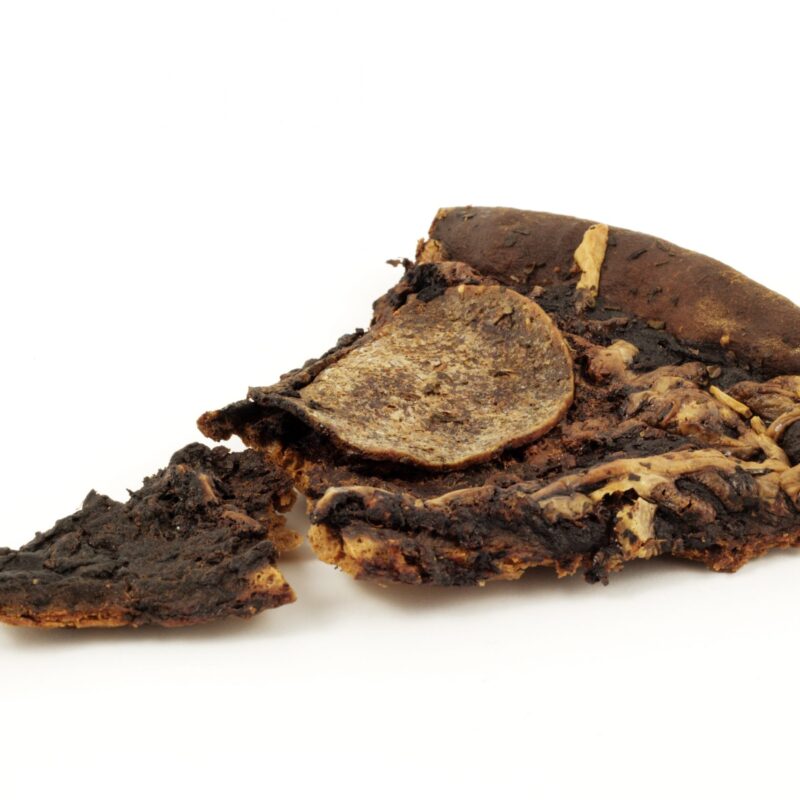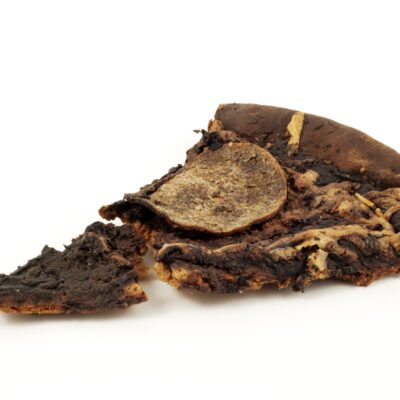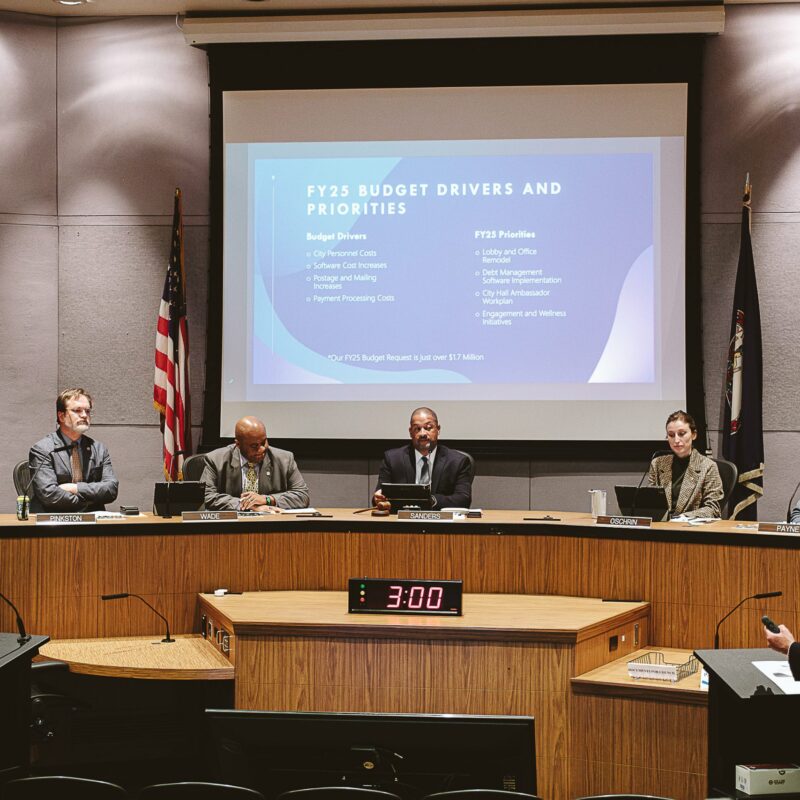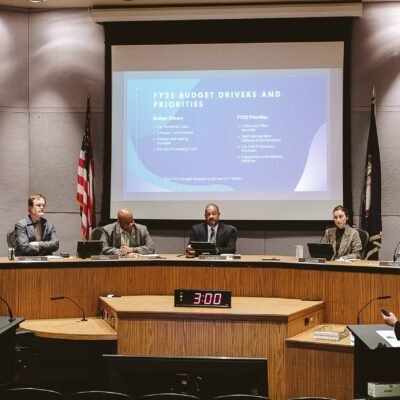Dear Ace: I’ve heard that Charlottesville was briefly the capital of Virginia, but no one seems to know any details. Was it? —Dom Inion
Dom: So you’re not satisfied that this is the best place to live in America? You’re not content living in the place where that woman who claimed to be Anastasia made her home and near where, my God, “The Waltons” was filmed? You just want more and more, huh? Well, Dom, you can sleep easy tonight, because Charlottesville was indeed the capital of Virginia, albeit for all of a week. Ace talked with local historian Rick Britton to get the scoop.
 Thanks to General Charles Cornwallis and a local watering whole, the General Assembly once made Charlottesville home. |
Virginia was left untouched throughout the bulk of the Revolutionary War. In 1781, British General Charles Cornwallis decided to change that and marched 7,000 troops up from North Carolina, rolling into Richmond with little resistance. With the capital occupied, the General Assembly decided to—Ace heavily paraphrases—cease reppin’ tha 804 forthwith and commence reppage of tha 434. By May 28, 1781 the assembly fully absconded from Richmond and set up for drinks and deliberation at Charlottesville’s Swan Tavern. Because a capital is simply the seat of any political entity’s government, and because Virginia’s General Assembly was literally seated here, Charlottesville became the capital. But that only lasted a week.
On June 3, Cornwallis sent a raiding party to Charlottesville. As his men trekked through Louisa County, they marched past the Cuckoo Tavern where, fortunately for America’s independence, Jack Jouett was passed out on the lawn. Jouett happened to be the son of the proprietor of the Swan Tavern. Upon awaking to the sound of dozens of horses clopping through the streets, Jouett figured out where Cornwallis must be headed and took off in haste to warn the fledgling capital. He did beat the cavalry to Charlottesville and alerted the General Assembly and Governor Thomas Jefferson to the approaching Brits. T.J. apparently took his sweet time and just barely escaped through the woods with the British already in his front yard. The General Assembly got out with plenty of time to spare—except Daniel Boone, who was detained overnight thanks to Jouett boneheadedly calling him “captain” in front of British regulars.
By June 4, Charlottesville was no longer the capital. The General Assembly hung out in Staunton for a couple weeks and headed back to Richmond when it was safe again. But Charlottesville and Staunton aren’t so special: Lynchburg, Alexandria, Danville and even faraway Wheeling, in what’s now West Virginia, can all lay similar claims to being the capital at various times. Still, it’s a better claim to fame than a pseudo-Anastasia.





